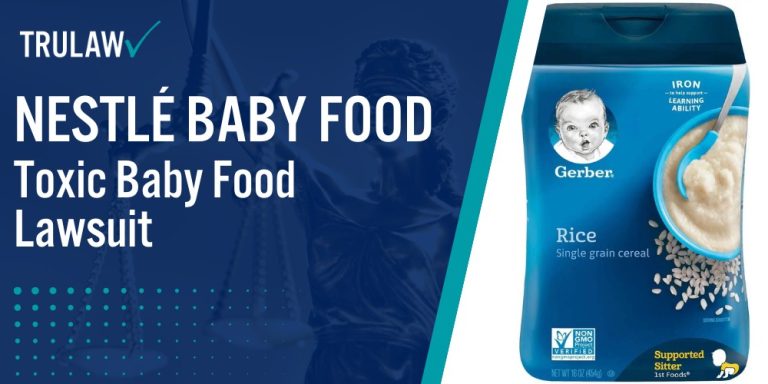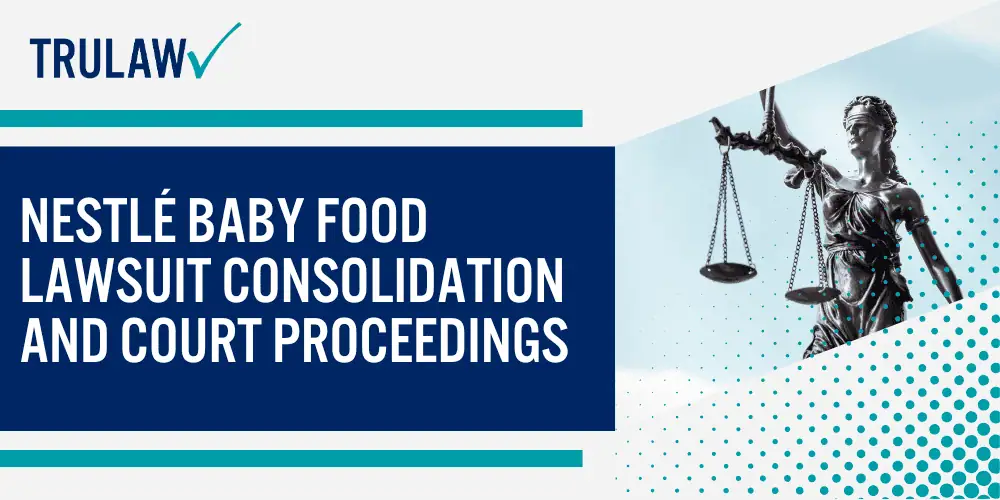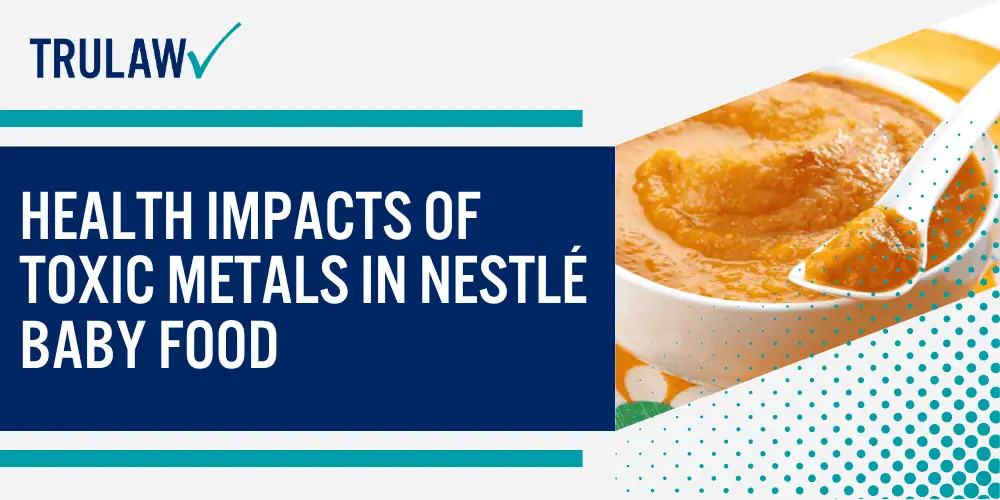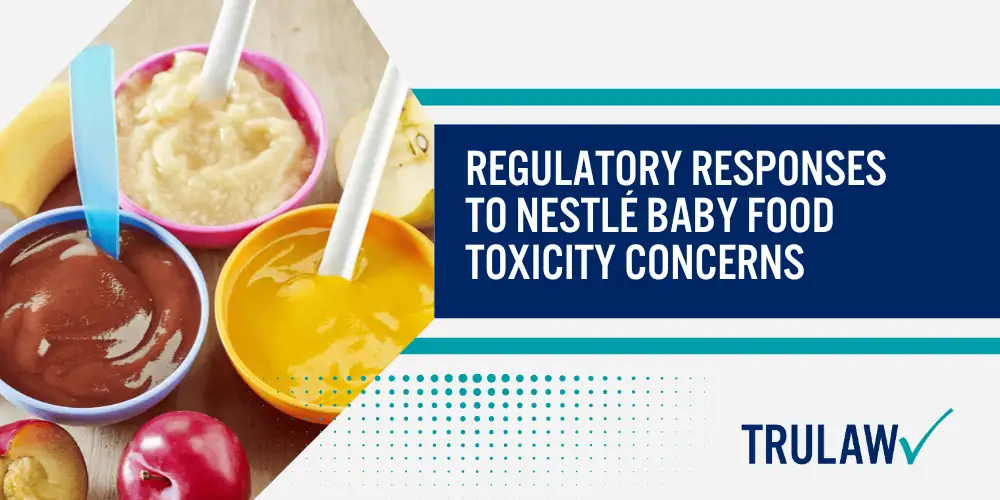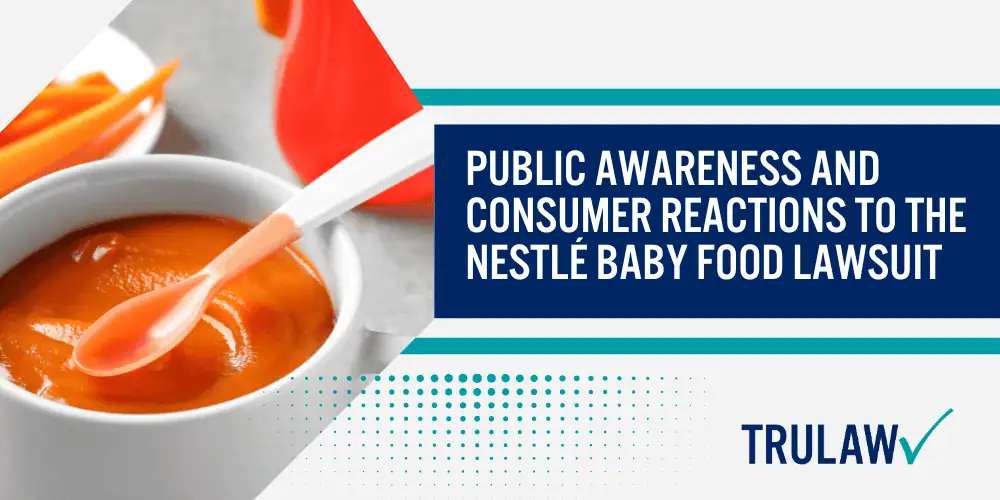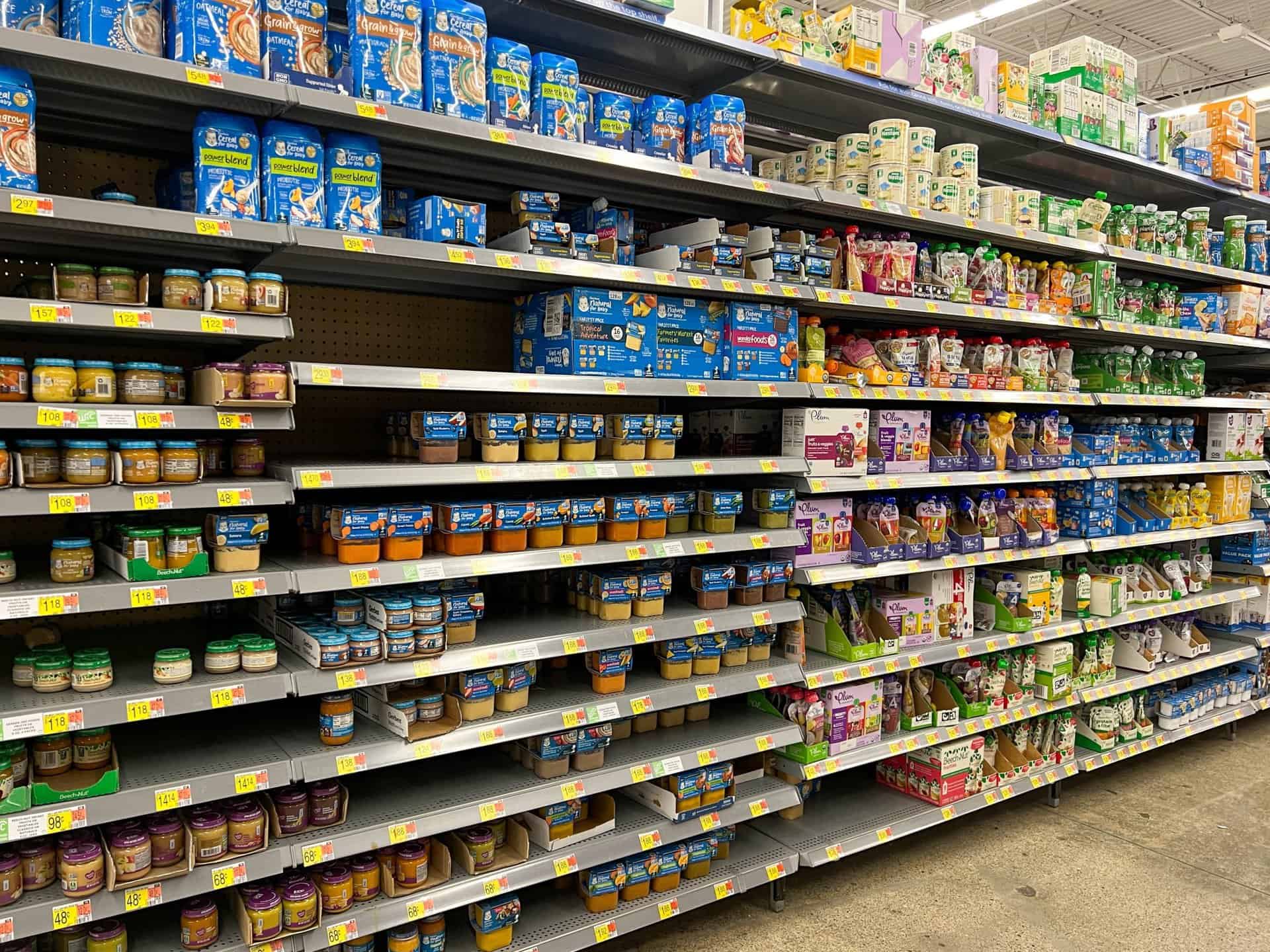Nestlé, a global food giant, has been involved in recent legal actions over its marketing and production practices, particularly concerning infant formula products and baby food products.
Recent reports have brought to light concerning levels of toxic heavy metals—such as arsenic, lead, cadmium, and mercury—in popular Nestlé baby food products.
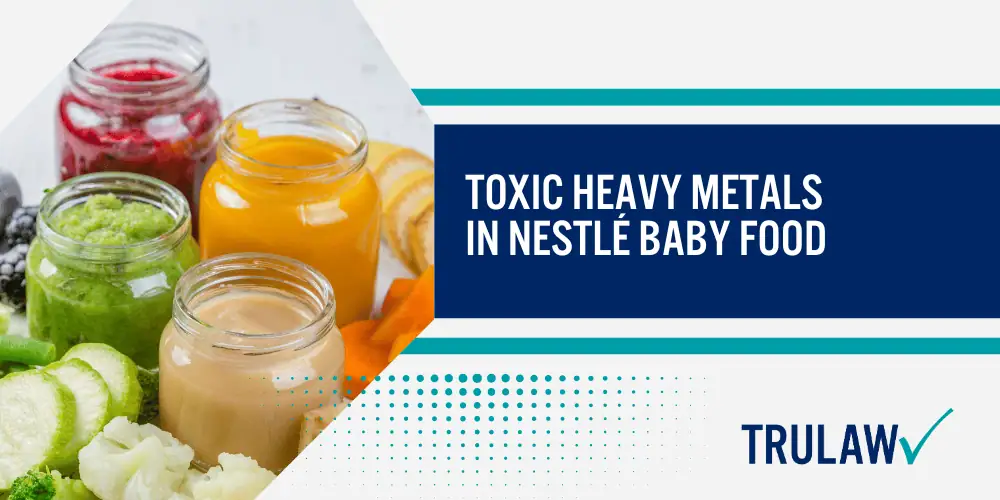
Exposure to these metals can be particularly harmful to young children, leading to severe health issues.
Nestlé Baby Food Contaminated with Toxic Heavy Metals
A congressional investigation revealed that several major baby food companies, including Nestlé, knowingly sold products with high levels of toxic metals.
These heavy metals are claimed to cause severe neurodevelopmental disorders in children, including autism spectrum disorder (ASD) and attention deficit hyperactivity disorder (ADHD).
The findings have prompted a wave of litigation against Nestlé and other companies, accusing them of negligence and strict liability for selling harmful products.
Scientific Studies Highlight the Risks of Nestlé Baby Food
Numerous studies have shown the dangers of toxic heavy metals in baby food products like those sold by Nestlé.
Even low levels of exposure to these contaminants during months of age can lead to lasting neurological damage and developmental delays.
Public health agencies, including the World Health Organization, and medical professional organizations have voiced concerns about the risks these metals pose to infants and toddlers consuming Nestlé baby foods.
